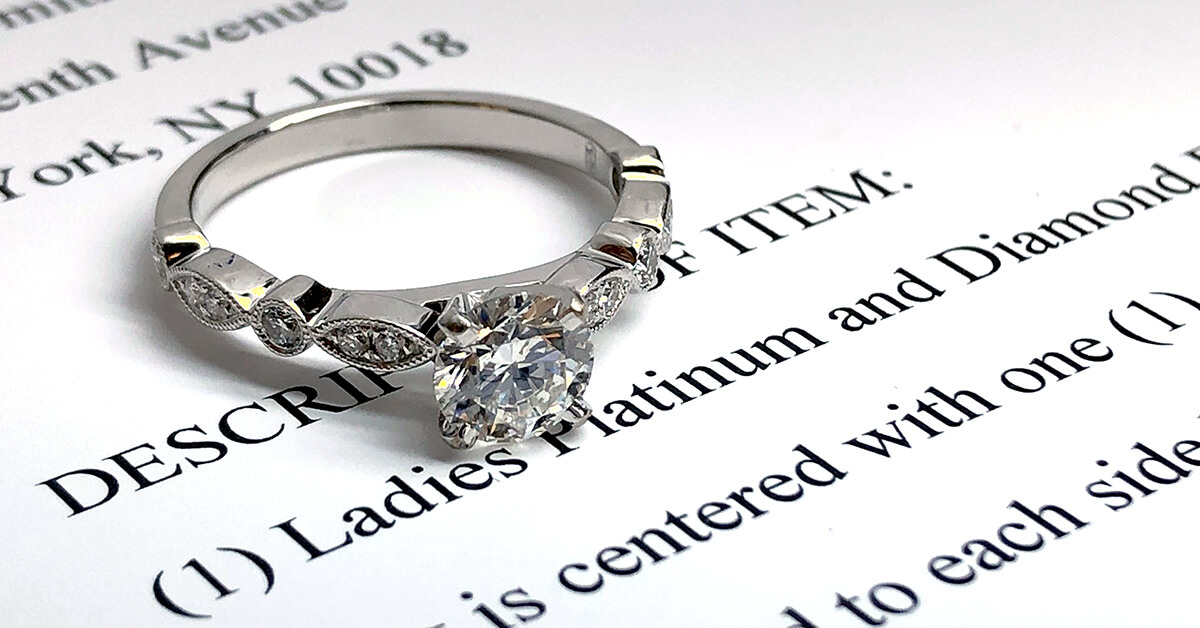Understanding The Value Of Your Jewels: A Comprehensive Guide To Jewelry Valuation
Understanding the Value of Your Jewels: A Comprehensive Guide to Jewelry Valuation
Related Articles: Understanding the Value of Your Jewels: A Comprehensive Guide to Jewelry Valuation
Introduction
With great pleasure, we will explore the intriguing topic related to Understanding the Value of Your Jewels: A Comprehensive Guide to Jewelry Valuation. Let’s weave interesting information and offer fresh perspectives to the readers.
Table of Content
Understanding the Value of Your Jewels: A Comprehensive Guide to Jewelry Valuation
Jewelry, a timeless symbol of beauty, sentiment, and wealth, often holds a special place in our lives. Whether inherited heirlooms or recent acquisitions, understanding the true value of your jewelry is crucial for various reasons. This comprehensive guide delves into the intricacies of jewelry valuation, providing insights into the process, its importance, and practical tips for navigating this complex field.
The Importance of Jewelry Valuation
Jewelry valuation transcends mere monetary value; it encompasses a deeper understanding of the intrinsic worth of your pieces. Here’s why it matters:
- Insurance: Accurate valuation ensures adequate coverage in case of theft, damage, or loss. Insurance companies rely on professional valuations to determine the appropriate compensation.
- Estate Planning: Valuing jewelry as part of an estate plan helps ensure a fair distribution of assets among beneficiaries.
- Sale or Purchase: Knowing the fair market value of your jewelry empowers you to make informed decisions when buying, selling, or trading pieces.
- Tax Purposes: Jewelry valuations are essential for tax purposes, particularly when donating pieces to charities or inheriting them.
- Historical and Sentimental Value: While not always reflected in monetary terms, professional valuations can help document the historical and sentimental significance of heirloom pieces.
Factors Influencing Jewelry Value
The value of jewelry is determined by a complex interplay of several factors. Understanding these factors empowers you to better appreciate the worth of your pieces:
- Metal: The type and purity of the metal used, typically gold, silver, platinum, or palladium, significantly impacts value. Karatage (for gold) or fineness (for silver and platinum) indicates the metal’s purity.
- Gemstones: The type, size, cut, color, and clarity of gemstones are paramount. Precious stones like diamonds, emeralds, rubies, and sapphires command higher prices than semi-precious stones.
- Design and Craftsmanship: Unique designs, intricate craftsmanship, and historical significance contribute to a piece’s value.
- Brand and Maker: Renowned jewelers and brands often add prestige and value to their creations.
- Condition: The condition of the jewelry, including wear and tear, repairs, and authenticity, impacts its overall worth.
Types of Jewelry Valuations
Depending on the purpose, different types of valuations are employed:
- Appraisal: A formal document prepared by a qualified appraiser, outlining the estimated value of a piece of jewelry. Appraisals are typically used for insurance, estate planning, and tax purposes.
- Estimate: A less formal assessment provided by a jeweler or pawnbroker, offering a general idea of a piece’s value. Estimates are often used for quick valuations, sales, or trade-ins.
- Auction Valuation: This involves an expert assessment of a piece’s potential value at auction. Auction valuations are often used for high-value pieces or unique collectibles.
Finding a Qualified Jewelry Valuer
Choosing a qualified jewelry valuer is crucial for accurate and reliable valuations. Look for:
- Credentials: Certified Gemologist Appraiser (CGA) or Accredited Gemologist Appraiser (AGA) certifications are industry-recognized qualifications.
- Experience: Seek valuers with extensive experience in the field, particularly in the specific type of jewelry you need appraised.
- Reputation: Check the valuer’s reputation and seek recommendations from trusted sources.
- Transparency: Ensure the valuer is transparent about their fees and the valuation process.
The Jewelry Valuation Process
The valuation process typically involves the following steps:
- Examination: The valuer meticulously examines the jewelry, noting details such as metal type, gemstone characteristics, design, and condition.
- Research: The valuer researches market trends, historical values, and comparable pieces to determine the piece’s fair market value.
- Documentation: The valuer prepares a formal appraisal report, detailing the findings and estimated value. The report typically includes photographs, descriptions, and supporting documentation.
FAQs on Jewelry Valuation
Q: How often should I get my jewelry appraised?
A: It’s generally recommended to have your jewelry appraised every 3-5 years, especially for high-value pieces. This ensures your insurance coverage is adequate and reflects any changes in market value.
Q: How much does a jewelry appraisal cost?
A: Appraisal fees vary depending on the complexity of the piece, the appraiser’s experience, and the scope of the appraisal. It’s best to inquire about fees upfront.
Q: Can I get a jewelry appraisal online?
A: While online tools can provide estimates, it’s not recommended for formal appraisals. A physical examination by a qualified appraiser is essential for accurate valuations.
Q: What happens if my jewelry is damaged or lost?
A: A professional appraisal provides evidence of your jewelry’s value, which is crucial when filing insurance claims. Without an appraisal, you may face difficulties receiving adequate compensation.
Tips for Protecting Your Jewelry
- Regular Cleaning and Maintenance: Proper care and cleaning help preserve your jewelry’s condition and maintain its value.
- Secure Storage: Store your jewelry in a safe place, preferably a safe deposit box or a secure jewelry box.
- Insurance: Ensure your jewelry is adequately insured against theft, damage, or loss.
- Documentation: Keep detailed records of your jewelry, including appraisals, purchase receipts, and any repair documentation.
- Know Your Jewelry: Educate yourself about the characteristics of your jewelry, including metal type, gemstones, and design.
Conclusion
Understanding the value of your jewelry is essential for various reasons, from insurance and estate planning to sales and tax purposes. By seeking professional valuations from qualified appraisers and adhering to proper care and storage practices, you can protect your investment and ensure the longevity of your cherished pieces. Remember, jewelry is not just about material value; it’s about the stories, memories, and emotions it holds, making it a valuable part of your legacy.


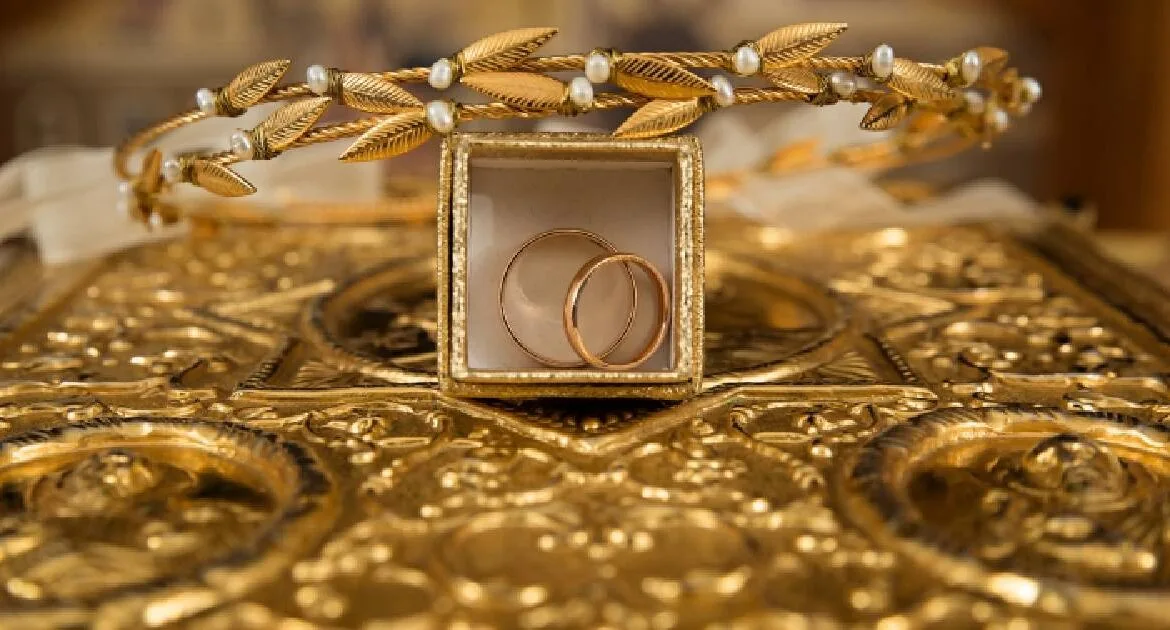

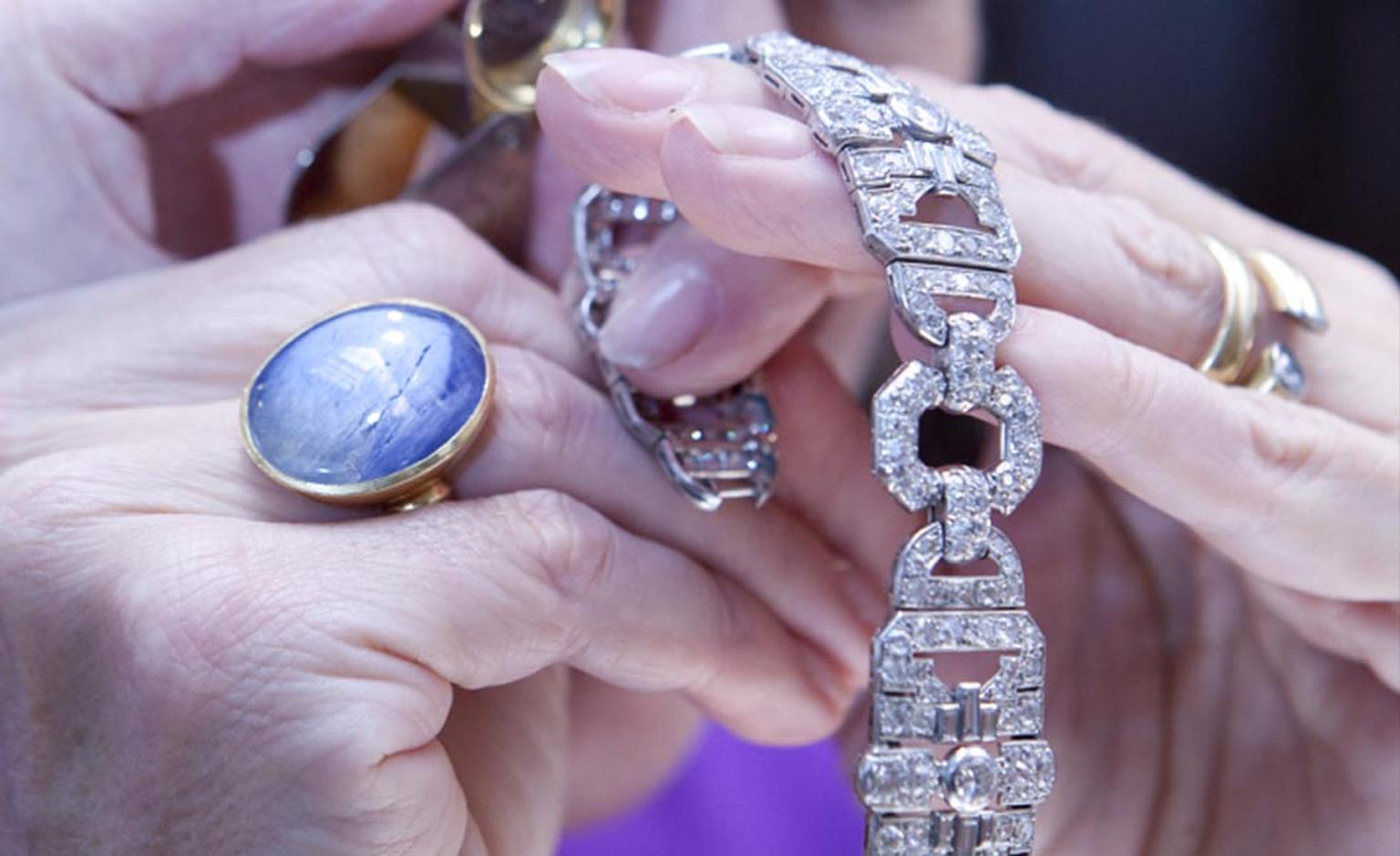
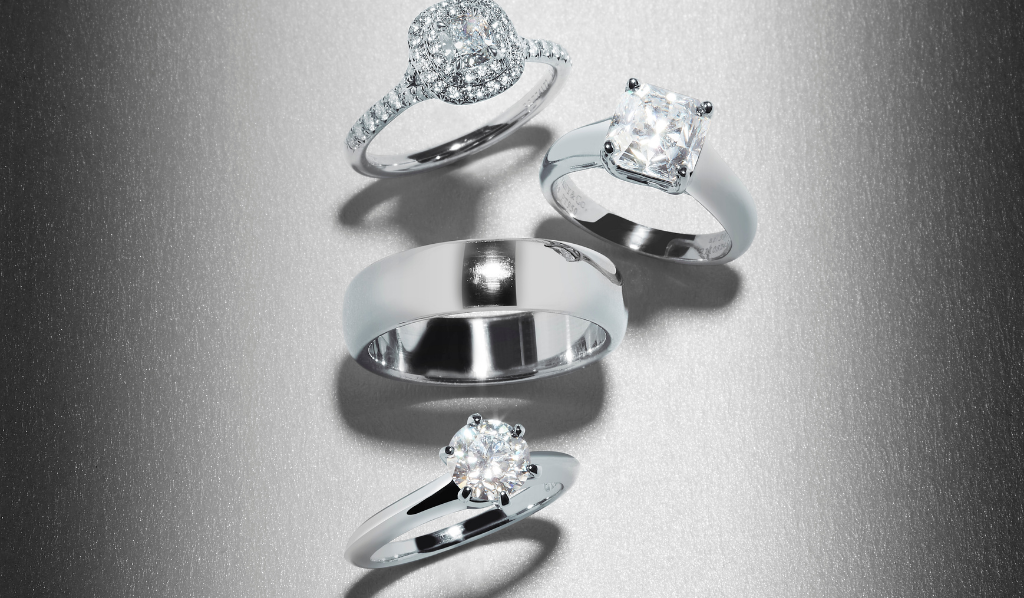

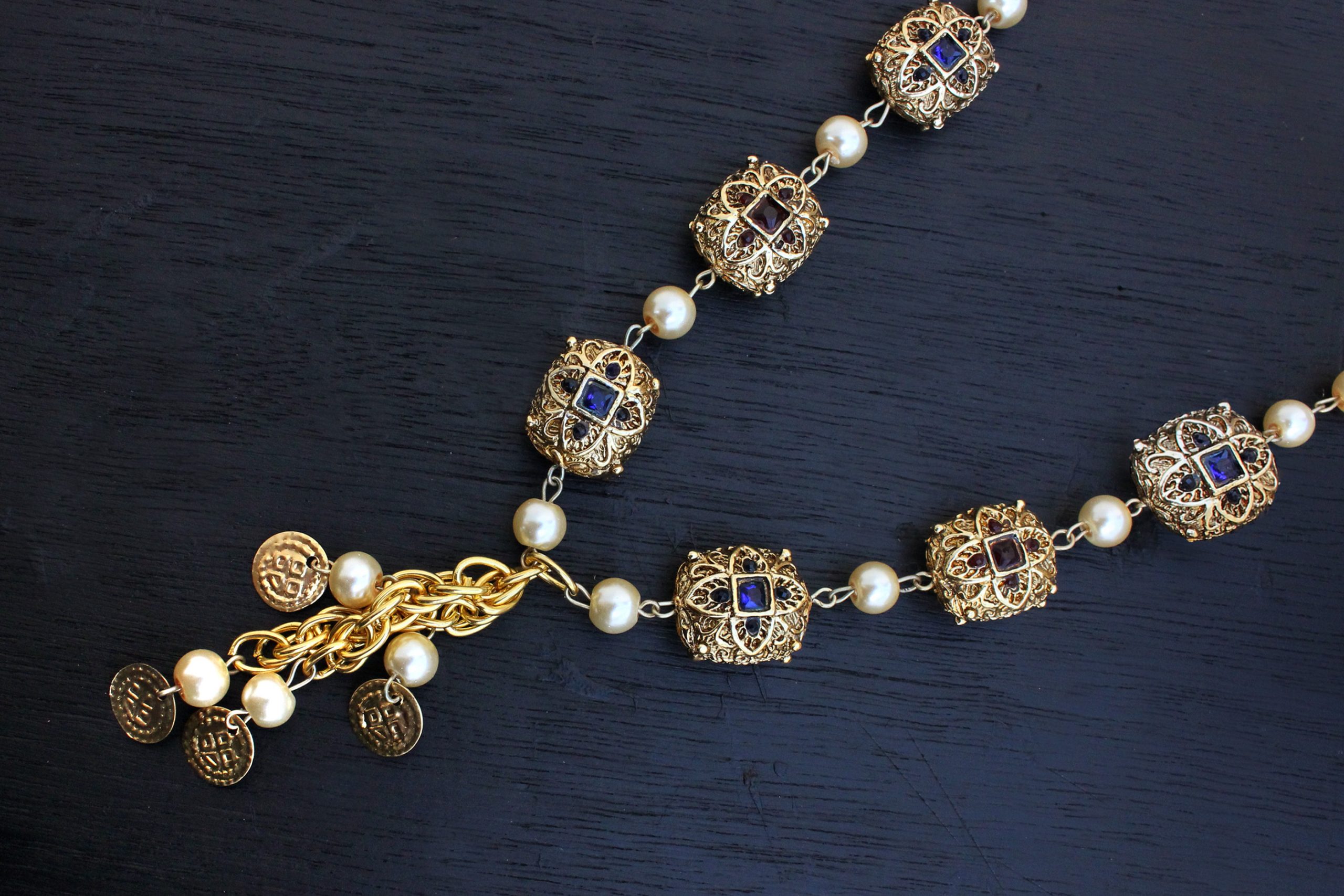
Closure
Thus, we hope this article has provided valuable insights into Understanding the Value of Your Jewels: A Comprehensive Guide to Jewelry Valuation. We appreciate your attention to our article. See you in our next article!
